The soviet people want full-blooded and unconditional democracy
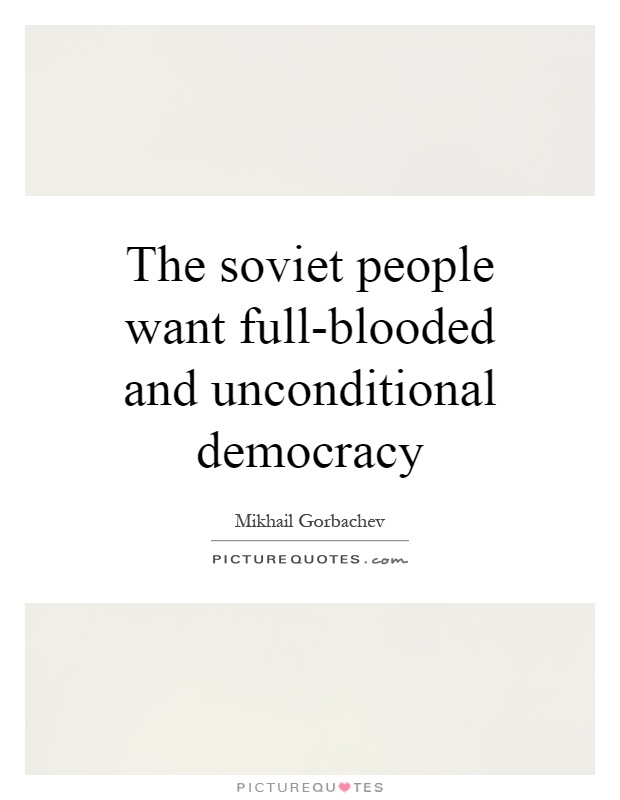
The soviet people want full-blooded and unconditional democracy
Mikhail Gorbachev, the last leader of the Soviet Union, is often associated with the push for political and social reform in the late 1980s and early 1990s. One of the key aspects of Gorbachev's leadership was his commitment to democratization and the promotion of greater political freedoms for the Soviet people. This commitment was reflected in his famous statement, "The Soviet people want full-blooded and unconditional democracy."Gorbachev's call for democracy was a radical departure from the authoritarian rule that had characterized the Soviet Union for decades. Under his leadership, the Soviet government implemented a series of reforms aimed at opening up the political system and allowing for greater participation by the people. This included the introduction of competitive elections, the establishment of a multi-party system, and the loosening of restrictions on freedom of speech and the press.
Gorbachev's commitment to democracy was driven by a recognition of the need for change in the Soviet Union. The country was facing a number of economic and social challenges, and Gorbachev believed that greater political openness was necessary to address these issues effectively. He also recognized that the Soviet people were demanding greater political freedoms and a more responsive government.
Gorbachev's push for democracy was met with both support and opposition within the Soviet Union. Many people welcomed the reforms and saw them as a positive step towards a more open and democratic society. However, there were also those who were resistant to change and feared that greater political freedoms would lead to instability and chaos.
Ultimately, Gorbachev's commitment to democracy played a key role in the eventual collapse of the Soviet Union. The reforms he implemented helped to pave the way for the peaceful transition to a more democratic system in Russia and the other former Soviet republics. While Gorbachev's legacy is complex and controversial, his efforts to promote democracy in the Soviet Union remain a significant part of his political legacy.
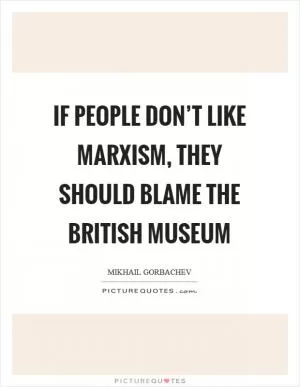

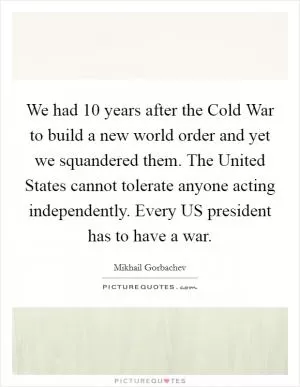
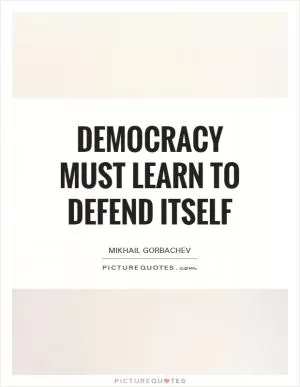

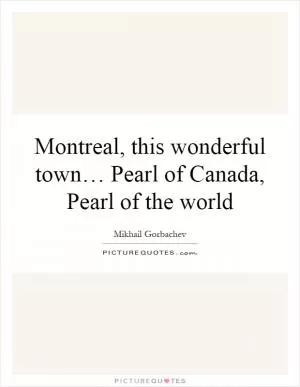



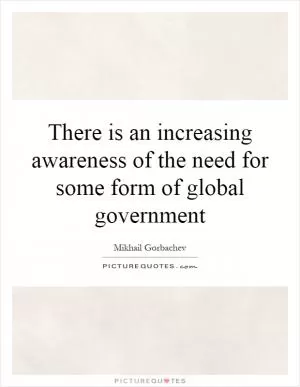
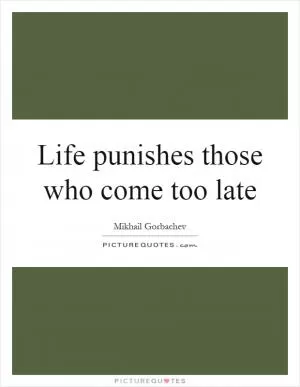

 Friendship Quotes
Friendship Quotes Love Quotes
Love Quotes Life Quotes
Life Quotes Funny Quotes
Funny Quotes Motivational Quotes
Motivational Quotes Inspirational Quotes
Inspirational Quotes